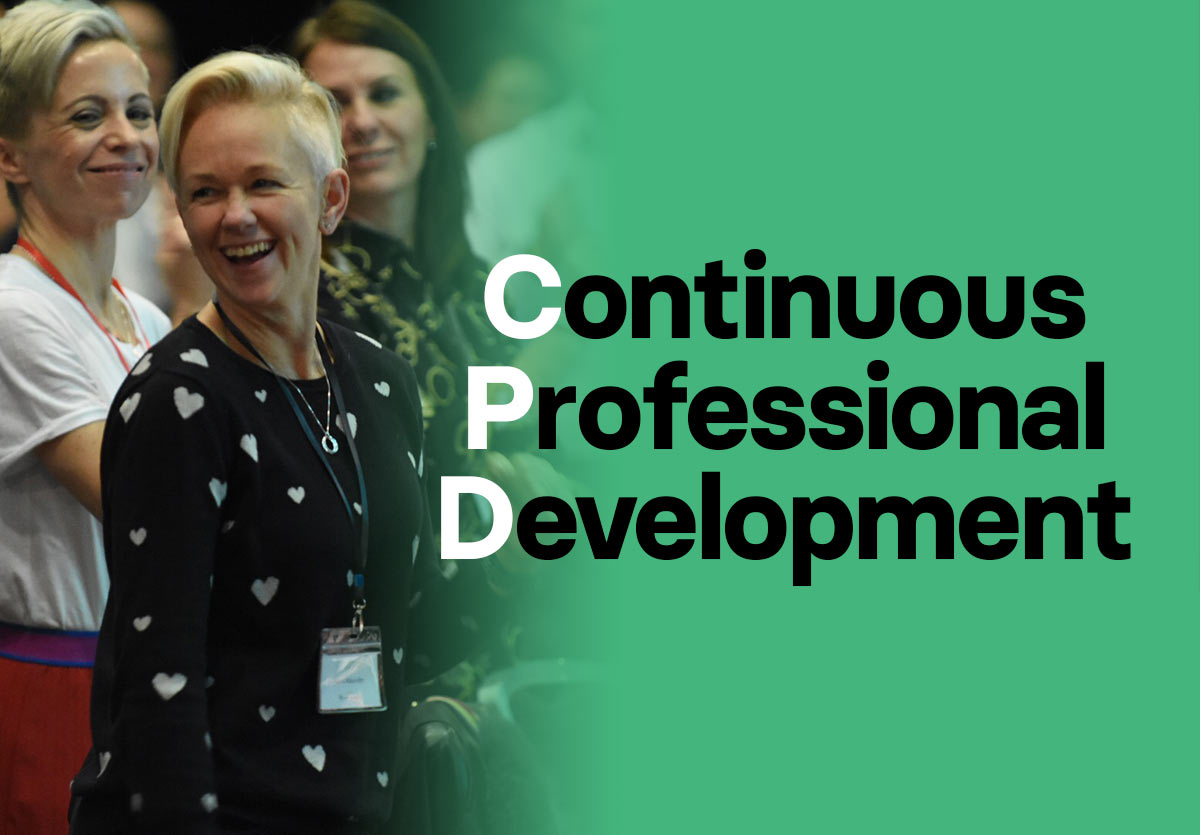In the intricate journey of self-discovery and personal growth, Paseda360 has unveiled the Pretender Model, shedding light on the diverse personas’ individuals adopt to navigate the complexities of life. Among these personas, the Perfectionist Pretender stands out—a character marked by a relentless pursuit of excellence, high standards, and an insatiable drive to be the best.
To give a basic idea, the Pretender Model identifies four distinct archetypes – each representing a unique approach to navigating the world: People Pleasers, Self-Persecutors, Perfectionists, and Persecutor of Others. Our focus today, however, is on the Perfectionist Pretender, a persona deeply rooted in the quest for unparalleled achievement.
Significance of Understanding Masking Behaviour
Before we go deep into the subject matter, it’s vital that we understand what masking behaviour is. While many articles celebrate perfectionists for their commitment to excellence, Paseda360 unveils a deeper truth—the perfectionism we often admire is, in fact, a masking behaviour.
Perfectionist Pretenders, driven by an inner desire to be the best, set ambitious goals and invest unparalleled effort in achieving them. Yet, this relentless pursuit comes with a unique downside—their inability to acknowledge and celebrate their own achievements.
In fact, according to The Hardin Group, led by Vitale Buford Hardin, partnered with the Social Research Lab at the University of Northern Colorado, perfectionism affects a staggering 92% of individuals, influencing leadership, work dynamics, and interpersonal relationships.
In the field of coaching, addressing perfectionism becomes pivotal for holistic growth. The Perfectionist Pretender’s tendency to mask feelings of failure or success, underpinned by shaky self-value, can hinder their journey to authenticity. As coaches, guiding individuals to unravel the layers of perfectionism fosters not only professional excellence but a profound transformation toward genuine self-worth.
The Perfectionist’s Struggle with Feedback
As we briefly mentioned before, Perfectionist pretenders, driven by an unrelenting pursuit of excellence, often find themselves on shaky ground when confronted with feedback that isn’t overwhelmingly positive. The inherent fear of failure, deeply ingrained in their psyche, makes them particularly sensitive to any form of critique that challenges their pursuit of flawlessness.
The Inner Child’s Reaction to Criticism
When faced with non-glowing feedback, the inner child of the perfectionist pretender awakens, revealing a vulnerability that stems from a fear of inadequacy. The hurt caused by criticism triggers a defensive response, prompting them to shield themselves from perceived threats to their carefully crafted image of competence.
Impact on Relationships and Professional Development
The aversion to feedback, especially when it deviates from unblemished praise, takes a toll on both personal and professional relationships. Colleagues and team members may find it challenging to provide constructive input, fearing the perfectionist’s defensive response. This dynamic not only hampers collaboration but also stifles the potential for genuine growth and development.
In the professional arena, the reluctance to acknowledge areas for improvement can impede progress. It creates a paradox where the pursuit of perfection, if left unexamined, becomes a barrier to authentic success and continuous improvement.
As we unravel the intricacies of the perfectionist pretender’s relationship with feedback, it becomes evident that addressing this aspect is essential for fostering a healthier approach to personal and professional growth. Let’s delve deeper into how coaches, following the Paseda360 approach, can guide individuals in navigating this challenging terrain and finding a more balanced perspective in 2024.
Persecution as a Defense Mechanism
Further analyzing the subject of persecution though, the intricate dance between perfectionism and feedback often unveils a surprising twist—the emergence of a persecutory response. When faced with constructive criticism or anything less than glowing praise, perfectionist pretenders may instinctively shift into a defensive mode. This defence mechanism, rooted in the fear of falling short, can manifest as a form of self-preservation.
Examples of Persecutory Behaviors: Discrediting, Proving Others Wrong
In their quest to maintain an illusion of invincibility, perfectionists may resort to various persecutory behaviours. Discrediting the feedback provider or engaging in a relentless pursuit to prove them wrong are common tactics. It’s a coping strategy that, while driven by the desire to protect their self-value, inadvertently distances them from meaningful connections and collaborative growth.
Imagine receiving constructive feedback on a project, only to have a perfectionist pretender dismiss it outright or tirelessly work to undermine its credibility. It’s a scenario that showcases how the fear of inadequacy can trigger defensive responses.
Understanding the Link Between Feeling Threatened or Insecure and Persecution
The link between feeling threatened or insecure and persecution is deeply ingrained in the perfectionist pretender’s psyche. The judge that presides in their mind, acting as an arbiter of self-worth, becomes a formidable force. The perceived threat to this self-value triggers a cascade of defensive actions, leading to behaviours that, at their core, are attempts to shield themselves from the vulnerability of not meeting their own impossibly high standards.
Strategies for building resilience and redefining self-worth beyond achievements
In a world that often measures success by achievements, it’s essential to cultivate resilience and redefine our sense of self-worth beyond the accolades we accumulate as well.
1. Embrace Growth Mindset: Dr. Carol S. Dweck’s pioneering work on the “growth mindset” emphasizes the power of believing that abilities can be developed through dedication and hard work. Adopting a growth mindset allows individuals to see challenges as opportunities for growth rather than insurmountable obstacles, fostering resilience in the face of setbacks.
2. Cultivate Emotional Intelligence: Recognizing and understanding emotions—both our own and others—is a crucial aspect of building resilience. Daniel Goleman’s research on emotional intelligence highlights the significance of self-awareness, self-regulation, empathy, and interpersonal skills. Developing emotional intelligence enables individuals to navigate challenges with grace and respond to setbacks with resilience.
3. Foster Positive Relationships: Human connection plays a pivotal role in resilience. Studies, such as those by Dr. Julianne Holt-Lunstad, underscore the health benefits of positive relationships. Building a support system helps individuals weather life’s storms more effectively, providing emotional support and reinforcing a sense of belonging.
4. Practice Mindfulness and Stress Reduction: Mindfulness practices, rooted in ancient traditions and supported by contemporary research, contribute significantly to building resilience. Mindfulness helps individuals stay present, manage stress, and develop a non-judgmental awareness of their thoughts and feelings. Research by Dr. Jon Kabat-Zinn emphasizes the positive impact of mindfulness on mental well-being.
5. Set Realistic Goals and Celebrate Progress: Dr. Edwin A. Locke’s goal-setting theory emphasizes the importance of setting specific and challenging yet attainable goals. By breaking larger objectives into smaller, manageable tasks and celebrating incremental achievements, individuals not only build resilience but also redefine success in a more sustainable and fulfilling way.
6. Focus on Intrinsic Motivation: Decades of research by psychologists, including Dr. Edward L. Deci and Dr. Richard M. Ryan, highlight the power of intrinsic motivation. Cultivating a deep-seated passion for one’s pursuits fosters resilience, as the joy derived from the process itself becomes a sustainable source of motivation, independent of external validation.
7. Develop a Strong Sense of Purpose: Dr. Viktor E. Frankl’s existential philosophy emphasizes the importance of finding meaning and purpose in life. Cultivating a clear sense of purpose provides individuals with a resilient foundation, enabling them to navigate challenges with a deeper understanding of their intrinsic value beyond external achievements.
Benefits of Authenticity in Professional and Personal Growth
Now it’s time to give some attention to authenticity. This genuine quality goes beyond being true to oneself too; it extends to fostering healthier relationships, enhancing professional success, and achieving a harmonious balance between high standards and self-compassion.
Authenticity serves as the cornerstone for building and sustaining meaningful connections with others. When individuals embrace their true selves, they create an environment where trust and transparency thrive. Honest communication becomes the bedrock of relationships, fostering deeper connections that withstand the tests of time.
In both personal and professional settings, authenticity cultivates an atmosphere of genuine understanding. Authentic individuals are more approachable, as they are comfortable in their own skin, making it easier for others to relate to them. This authenticity enables the creation of a support system that encourages open dialogue, problem-solving, and mutual growth.
Impact on Professional Success
Authenticity is a game-changer in the professional realm, influencing not only individual success but also the overall satisfaction derived from one’s career. Authentic professionals are more likely to stand out in their respective fields because their unique perspectives and genuine passion set them apart.
In the workplace, authenticity contributes to a positive and inclusive culture. When individuals feel empowered to be themselves, creativity flourishes, leading to innovative solutions and enhanced teamwork. Authenticity also plays a crucial role in leadership, as genuine leaders inspire trust and loyalty among their team members, fostering a collaborative and productive work environment.
Achieving a Balance Between High Standards and Self-Compassion
Striking a balance between maintaining high standards and practising self-compassion is a perpetual challenge. Authenticity plays a pivotal role in navigating this delicate equilibrium, offering a guiding light for individuals striving for excellence without sacrificing their well-being.
Authenticity encourages individuals to set realistic expectations and embrace imperfections. By acknowledging and learning from mistakes, authenticity fosters a growth mindset that fuels continuous improvement. This genuine approach allows individuals to pursue high standards without succumbing to the pressures of perfectionism.
Moreover, authenticity nurtures self-compassion by promoting self-awareness and self-acceptance. Authentic individuals recognize the importance of taking care of their mental and emotional well-being, fostering resilience in the face of challenges.
Working with Perfectionist Pretenders: The Paseda360 Approach
Paseda360 recognizes that working with perfectionist pretenders requires a nuanced and empathetic approach. The Pretender Model, as we now know, is meticulously crafted, and serves as a guiding framework for coaches to navigate the complexities of perfectionism. This model goes beyond surface-level traits, delving into the underlying fears and insecurities that drive perfectionist tendencies.
In essence, the Paseda360 approach acknowledges that the pursuit of perfection is often a defence mechanism—a mask concealing deeper emotions and beliefs. Through targeted coaching methodologies, the Pretender Model empowers coaches to unravel these layers, fostering self-awareness and guiding individuals toward authenticity.
How Coaches Can Identify Perfectionist Tendencies in Clients
Identifying perfectionist tendencies in clients requires a keen understanding of subtle cues and behaviours. Coaches trained in the Paseda360 approach are attuned to signs such as a relentless focus on achievement, a reluctance to acknowledge success and a pattern of defensive responses to feedback. These indicators, when approached with sensitivity, offer valuable insights into the client’s perfectionist makeup.
Additionally, effective communication and active listening play pivotal roles. Coaches, through open dialogue, create a safe space for clients to express their fears, allowing the unveiling of the perfectionist mask and the raw emotions beneath.
Tailored Strategies for Guiding Perfectionist Pretenders Towards Authenticity
The heart of the Paseda360 approach lies in its tailored strategies for guiding perfectionist pretenders toward authenticity. Recognizing that transformation is a personal journey, coaches employ techniques that promote self-reflection, self-compassion, and a redefinition of self-worth.
Strategies may involve reframing the client’s relationship with success and failure, encouraging a mindset shift from fear to curiosity. Emphasizing the value of acknowledging achievements without the fear of complacency becomes a cornerstone of this transformative process.
Moreover, coaching sessions delve into dismantling the judge within—the internal critic that ties self-value to external accomplishments. By helping clients understand that their worth extends beyond achievements, coaches empower perfectionist pretenders to drop the mask, embrace vulnerability, and cultivate a more authentic and fulfilling life.
Final Words
So, in the culmination of the perfectionist pretender’s journey, we unravel the intricate dance between achievement and the pervasive fear of inadequacy, emphasizing the pivotal role of coaching, particularly with the Paseda360 approach, as a guiding light in navigating the complexities of perfectionism and fostering profound self-awareness and personal growth.
Recognizing that lasting transformation hinges on shedding the perfectionist façade, we encourage individuals to unlock the door to genuine self-discovery and fulfilment. This transformative process is underscored by the importance of self-reflection and self-compassion, guiding individuals to embrace imperfection with grace and resilience as they embark on a journey toward authenticity and lasting positive change in 2024!







